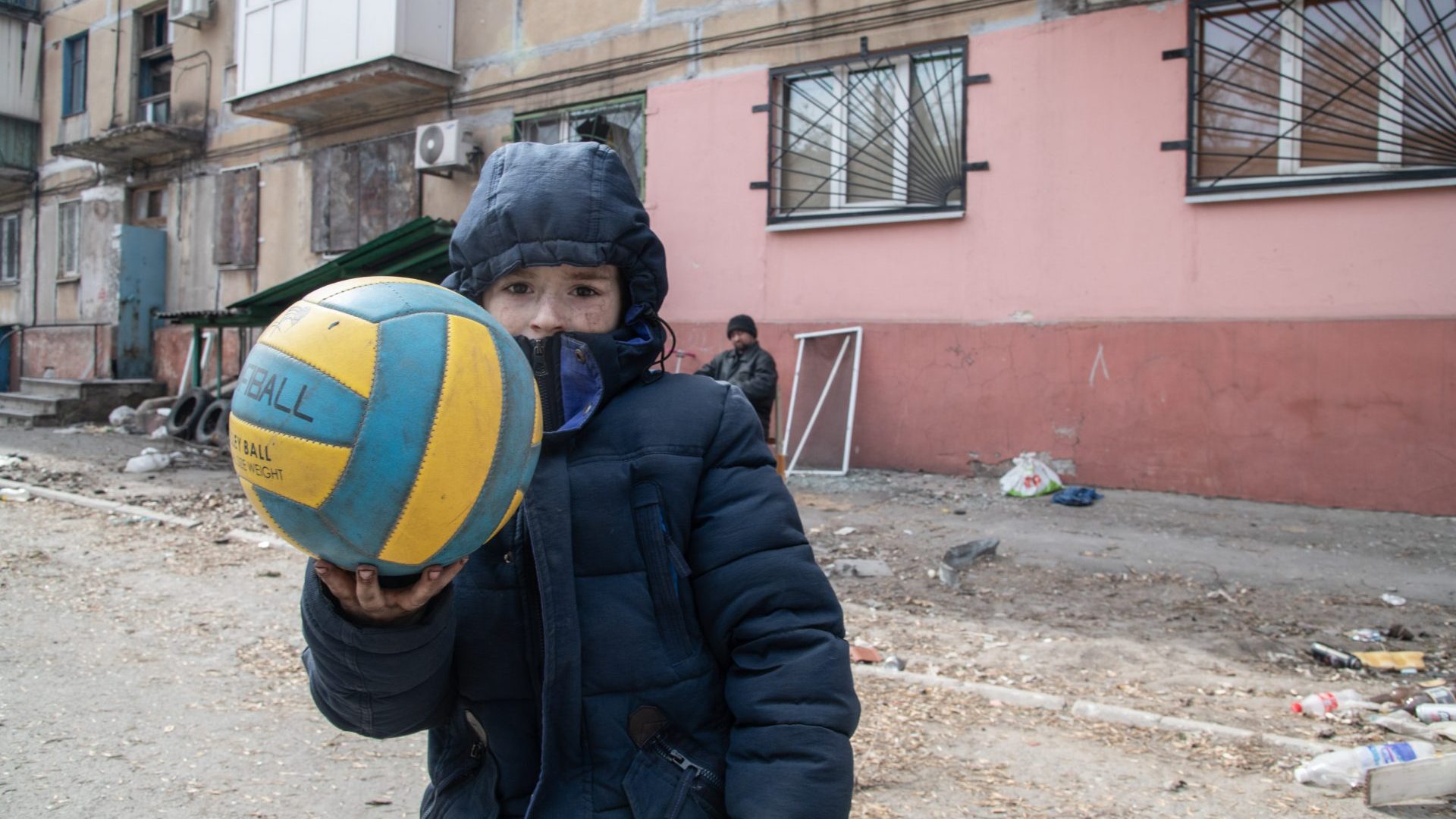Christian Eriksen is living proof that miracles can happen in sport. Ukraine could yet perform another by qualifying for the World Cup later this year in defiance of Russia’s bloody invasion.
Eriksen has now scored in three consecutive games, including one for his country in the Parken Stadium, Copenhagen where his heart stopped beating for five minutes during the Euro tournament last June. The wonder of a heart monitor implanted beneath his skin, the determination of the human spirit and the willingness of Brentford FC to employ him all combined to give Eriksen this chance to regain what he does better than most players in the game.
Eriksen, 30, is a player’s player, a man whose passes created exceptional rhythm at Ajax, Tottenham Hotspur, Inter Milan, and of course in the red and white “dynamite” uniform of his Danish national team. What Spurs
have lacked ever since letting him go to Milan two years ago is the spontaneous creativity that last weekend helped Brentford to their first victory over Chelsea since 1939.
And what matters most to Eriksen is the opportunity to play in a resurgent Denmark at the Qatar World Cup this November.
That is a dream for Ukrainians, too. Some, like West Ham’s Andriy Yarmolenko, Manchester City’s Oleksandr Zinchenko, Everton’s Vitaliy Mykolenko and Benfica’s Roman Yaremchuk, are playing abroad. Others, including two recent national team players, took up arms. But while football cannot be played anywhere in Ukraine, Dynamo Kyiv players were among the sportsmen pardoned from military conscription. The Kyiv players are now training in Romania, the homeland of their veteran team manager, Mircea Lucescu.
His club side are preparing for a friendly game in Poland against Legia Warsaw next Tuesday. Meanwhile, Lucescu, 76, has called on Scotland and Wales to sacrifice their chances of reaching a rare World Cup in their
histories.
Scotland last qualified for the finals in 1990, and Wales an eternity ago, in 1958. As it now stands, Scotland are due to play Ukraine sometime in June,
and the winner would then meet Wales in a final qualifier to be arranged.
Lucescu’s proposal is not wanted by Oleksandr Petrakov, the 64-year-old manager of the national team who remains in Kyiv, ready to defend his apartment to the death if necessary.
Petrakov wants no gift by way of Scotland or Wales giving up their right to play. He talks by telephone to his players across Europe, including young men he led to win the Under-20 World Cup three years ago. But while Petrakov would like to play warm-up games in London, in Munich or anywhere that would accommodate Ukraine out of Russian firing range, he expects no favours from Fifa. He is right not to.
Pat Nevin, the former Scotland, Chelsea and Everton winger, also called on BBC Radio ahead of the World Cup draw in Qatar last weekend for Fifa to make an exception and give Ukraine a humanitarian free pass to the finals. Make the World Cup a 33-nation tournament rather than 32, Nevin suggested. It would create logistical difficulty, but would not be insurmountable. Either that or, Nevin said as a former player he would support Scotland giving up their chance. The current Scottish squad, he conceded, are likely to feel different.
Fifa of course was not listening. Its president, Gianni Infantino, went so far as to say he looks at events in Ukraine “with a heavy heart”. But he had showered Vladimir Putin with sycophancy at the 2018 World Cup and, like a good Swiss, he maintains neutrality now.
The Nevin perspective may be a worthy one. But Fifa has never gone down that route. If they were to grant Ukraine free passage, why not also extend the same to Yemen, which has suffered 377,000 deaths in a war led by Saudi Arabia since 2014? Yemen, after all, has been a Fifa member since 1980, a dozen years longer than Ukraine.
Syria, Afghanistan, Iraq and Somalia have been war-torn Fifa members. So, in the 1950s, was Hungary. The team of Ferenc Puskás, Nándor Hidegkuti and József Bozsik, played Total Football before there was total football. They
destroyed in a sporting sense the myth of English impregnability.
They were Olympic champions and runners-up to West Germany in the 1954 World Cup final in Bern. But the Mighty Magyars dispersed, never to play again, after Soviet tanks rolled on Budapest in 1956. Plus ça change.
While on the subject of change, it is now a year since Real Madrid, Barcelona and Juventus led other clubs to sign up to their ill-fated plot to form a European Super League. The idea is not dead. A week ago, Nasser Al-Khelaifi, who runs Paris Saint Germain on behalf of the Qatar Sports Investment sovereign fund that owns it, said he was propositioned by Real
Madrid’s president, Florentino Pérez, to revive the Super League breakaway.
Al-Khelaifi responded: “People are dying in Ukraine and have nowhere to
sleep – and we are fighting about Super League?”
Others warning that the Super League proponents, specifically Real Madrid and Juventus, are stirring include Uefa’s president, Aleksander Čeferin, and the Spanish league president, Javier Tebas. “They insist that introducing this will not affect national leagues,” says Tebas. “I think they lie more than Putin!”




